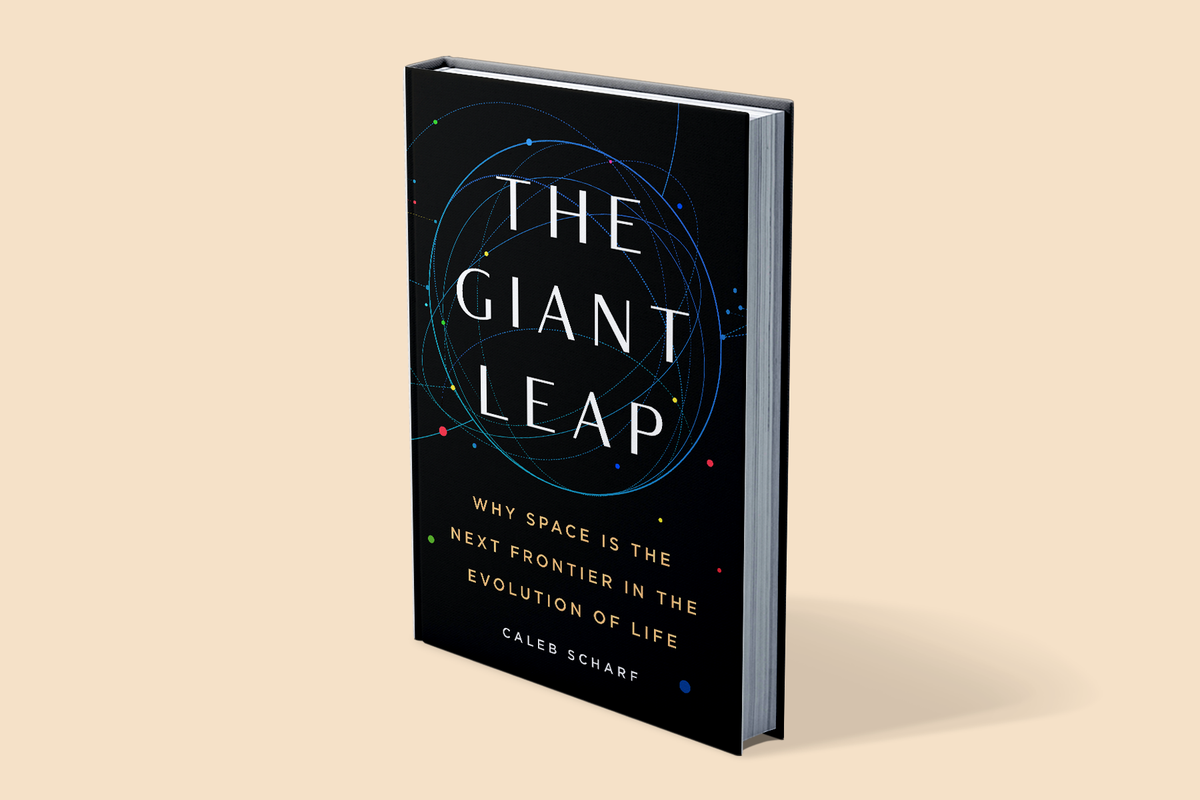
"space. And humans are uniquely poised to propel this great transition by pushing out from our planetary cradle. That's the case Caleb Scharf makes in his latest book, The Giant Leap (Basic Books, 2025). Drawing on his expertise as senior scientist for astrobiology at NASA's Ames Research Center, he argues that our modern spacefaring era is not just a matter of geopolitical competition and technological innovation but also part of a deeper, more fundamental evolutionary imperative."
"For the first time in Earth's history, lifewith human technology as its agentcan permanently expand from one lonely planet out into the rest of the solar system. Scharf calls this new trajectory the Dispersal and notes it's becoming possible just as our ever growing dominion over Earth pushes the planet toward disruptive tipping points in climate change, biodiversity loss and resource use."
Life's history includes epochal transformations such as cells, multicellularity, and the biosphere's spread from seas to land and sky. Space represents the next evolutionary frontier where life can expand beyond Earth. Human technology now enables a potential permanent Dispersal of life from a single planet into the solar system. This expansion coincides with accelerating planetary tipping points in climate, biodiversity loss, and resource use, making off‑planet presence strategically important. Practical limits include physical, technological and political challenges, and plans for settlements like Mars face considerable skepticism. The long-term fate of terrestrial life may depend on successful expansion into space.
Read at www.scientificamerican.com
Unable to calculate read time
Collection
[
|
...
]